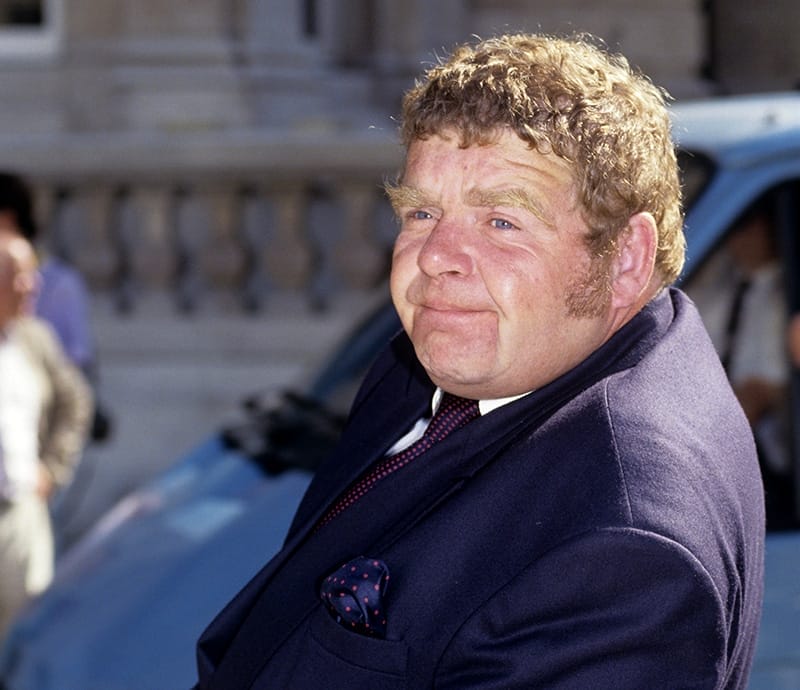WFNGW: The resurrection and second death of Geoffrey Hughes

In ‘When Fast News Goes Wrong’, we expose the quirks of hyper-fast online news, reporting on premature conclusions, social media misfires and hoaxes taken at face value.
Social media has the most extraordinary ability to shape reality, and we recently discovered that its powers extend to bringing someone back from the dead – and then immediately killing them off again.
Last week, the internet mourned the death of Geoffrey Hughes. The Coronation Street actor died aged 68 after a “long courageous battle” with prostate cancer, according to the BBC. The news gained so much traction that on 4th August, the piece was the fifth most read article on the BBC’s website.
As a result, tributes poured in by the hundred on Facebook and Twitter. “RIP Geoffrey Hughes aka Eddie Yeats. He had a frustrated scouse accent which made you want him to be a success at something,” one saddened fan said. “Geoffrey Hughes dead… Mad this 2016 thing init,” said another. One particularly distressed Twitter user exclaimed “is GEOFFREY HUGHES FROM KEEPING UP APPEARANCES REALLY DEAD??? N O WAY NO PLS NO” [sic].
Unfortunately for this last mourner, the news was indeed true. Hughes had passed away “peacefully in his sleep” on the night of 27th July 2012 – just a little over four years ago.

Geoffrey Hughes in 1991. Photo Andrew Murray/EMPICS Entertainment
So how did a four-year-old news story suddenly go viral? We asked the BBC if they had fanned the flames of grief in any way, or if this was a case of social media independently blowing new life (or, erm, death) into an old story.
It turns out to be very much the latter. On 2nd August, someone posted the old article on their Facebook timeline. It was shared 151 times. The news snowballed and by 4th of August, at its peak, 80,000 people were clicking on the link to the BBC piece every hour. Between 2nd and 8th August, about 326,000 people came through to the webpage.
“Somebody influential shares it on social media, it starts gaining momentum and it will show up in our most-read section,” the BBC told us. “It’s happened before, that’s why we now show when a story was last updated in the ‘Most popular’ sidebar.”
Unfortunately, the fact that the sidebar mentioned it was a 2012 story seemed to go unnoticed by the people who were posting their tributes and condolences. For Hughes the honour is a dubious one, with the flattery of being mass-mourned twice overshadowed by the fact that his death the first time round seemed to have largely been forgotten.
Slow Journalism in your inbox, plus infographics, offers and more: sign up for the free DG newsletter. Sign me up
Thanks for signing up.





